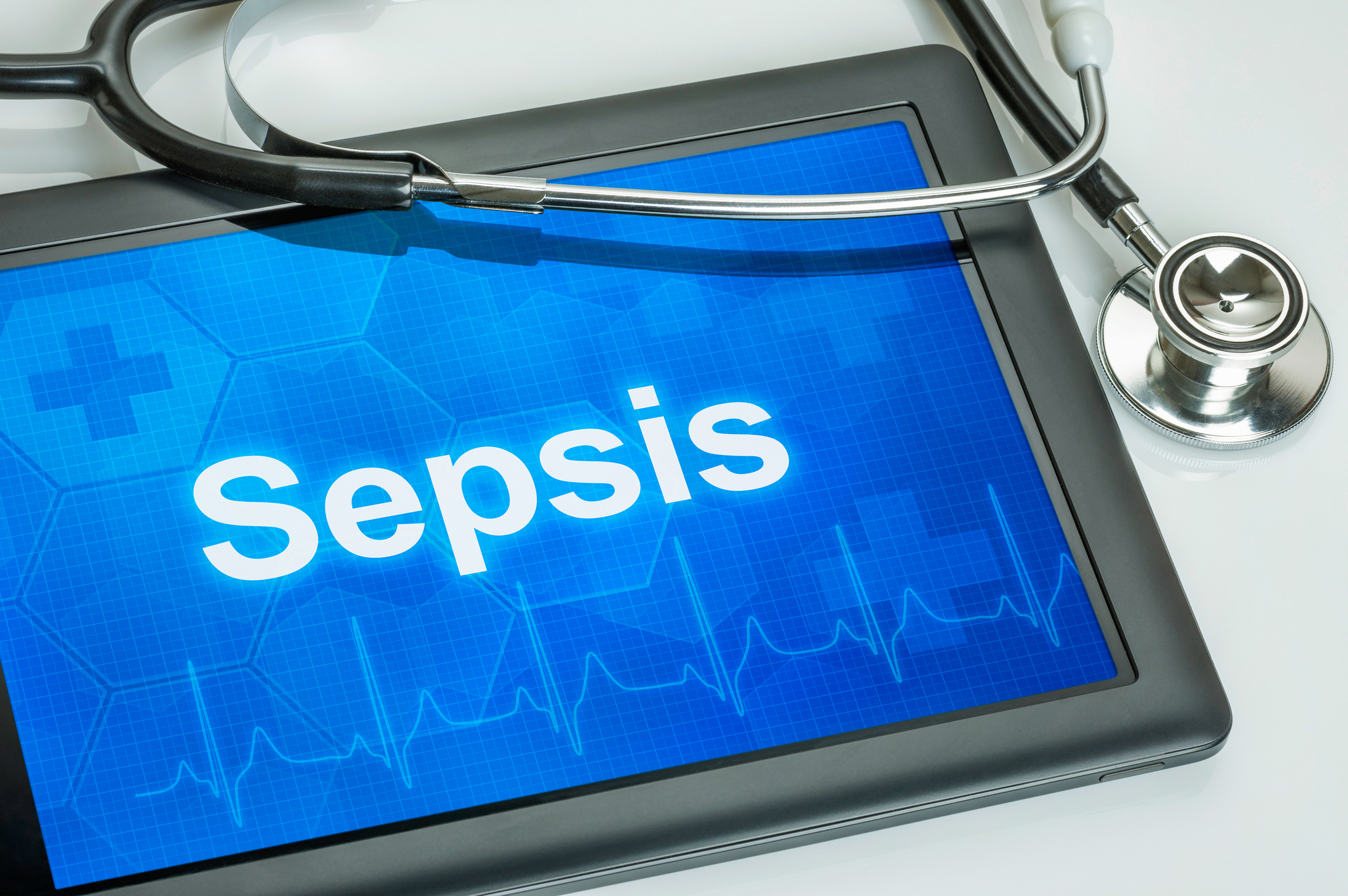2024-07-04
Sivelestat shows significant potential to improve clinical outcomes in patients suffering from respiratory or cardiac pathologies
Infectiology
Sepsis is a serious medical condition associated with high morbidity and mortality rates. It often leads to complications such as acute respiratory distress syndrome (ARDS) and sepsis-induced cardiomyopathy (SCM).
Between January 2019 and December 2021, a randomised controlled trial was conducted on patients admitted to the Intensive Care Unit (ICU) of Wuhan Union Hospital, diagnosed with ARDS and SCM. Patients were divided into two groups: a sivelestat-treated group and a control group. Sivelestat was administered intravenously at a dose of 0.2 mg/kg/hour from the time of diagnosis and continued until discharge from the ICU or for up to 14 days.
The clinical efficacy of sivelestat was assessed by measuring levels of plasma inflammatory factors (IL-6, IL-8, TNF-α, HMGB1), cardiac function (by echocardiography) and heart rate variability (HRV) at different time points: at ICU admission, and after 12, 24, 48 and 72 hours of treatment.
A total of 70 patients were included in this study, equally divided between the sivelestat and control groups. IL-6, IL-8 and TNF-α levels were significantly lower in the sivelestat group at different time points (12, 24, 48 and 72 hours). HMGB1 levels showed a significant reduction in the sivelestat group after 72 hours of treatment. In terms of cardiac function, systolic ejection volume (SEV), tricuspid annulus excursion (TAPSE), and early-to-late diastolic flow velocity ratios (E/A), as well as early (e') and late (a') diastolic relaxation velocities, were significantly better in the sivelestat group compared with the control group. The Tei index, an indicator of myocardial performance, was also significantly lower in the sivelestat group, indicating better overall cardiac function.
VFC analyses revealed significant differences between the two groups for the parameters SDNN (standard deviation of normal RR intervals), LF (low frequency), and the LF/HF ratio (high frequency). The control group showed a significant decrease in these indices compared with the sivelestat group, suggesting better cardiac autonomic modulation in the latter.This study confirmed that sivelestat effectively reduced serum inflammatory factor levels, improved cardiac function and reduced heart rate variability in patients with sepsis-induced ARDS and SCM.
By inhibiting neutrophil elastase, sivelestat appears to reduce the production of inflammatory cytokines and protect against tissue damage induced by inflammation and ischaemia-reperfusion. These results are consistent with previous studies showing the anti-inflammatory and protective effects of sivelestat in various pathological conditions associated with excessive inflammation.

Last press reviews
Vaccine vs. SMC: rivals or partners?

#MalariaVaccine #R21MatrixM #Malaria #Vaccination #SMC #InsecticideTreat...
A race against time for a vaccine?

#PfSPZ #Vaccination #Malaria #Immunogenicity <br><br><br>...
Birch allergy: could one shot change everything?

#AllergicRhinoconjunctivitis #IgG4 #Allergoid #BirchPollen #Immunotherap...